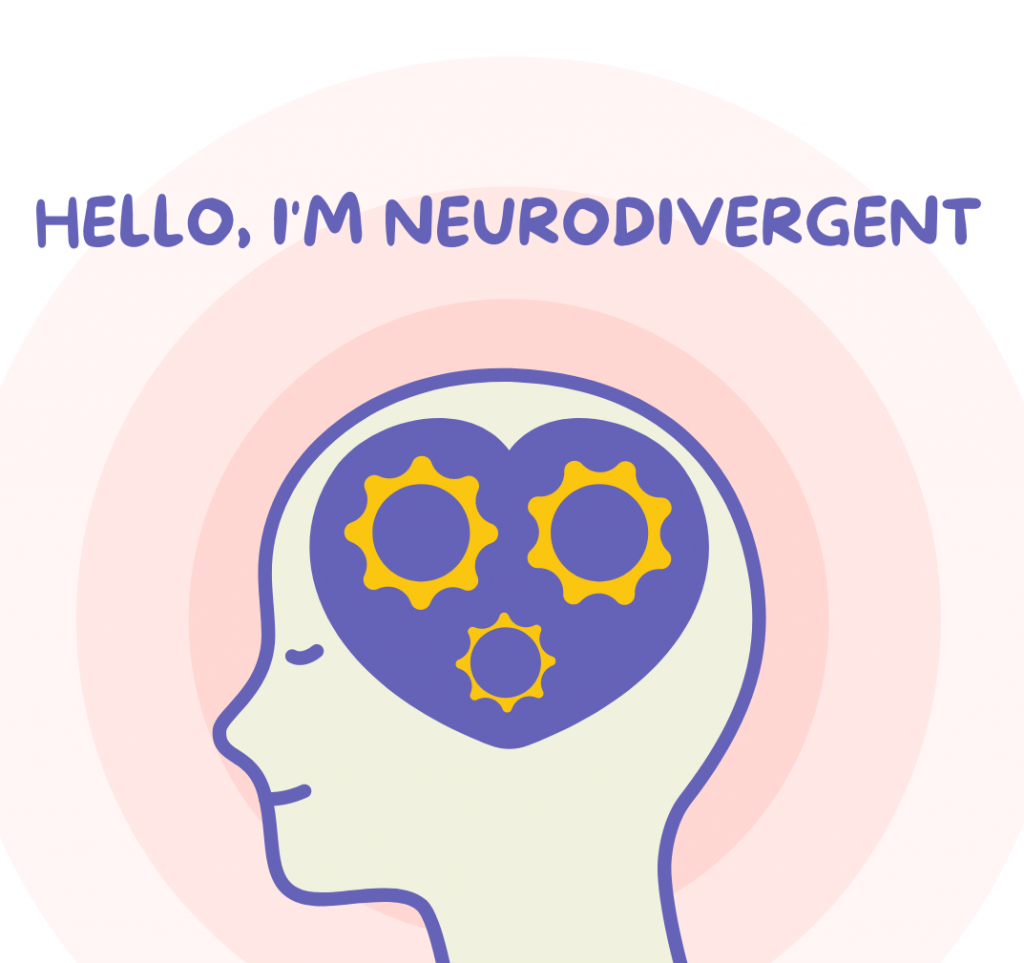
For as long as I can remember, I’ve had tremendous difficulty falling asleep. As a child, obsession with sleep difficulty was a major manifestation of my Obsessive Compulsive Disorder. As an adult, I still suffer from bouts of massive sleep anxiety.
But even on an average night, sleep does not come easy. I need to be in a space that is pitch black and dead quiet, apart from the blare of white noise. Nothing and no one can be touching me apart from strategically placed pillows and blankets. A cough, a snore, a heavy breath, the light pull of the blanket, an errant light, the bass of a television on the other side of the wall – any of these things startle me out of my sleep and can send me into a panicked spiral. “Oh, I’m just a very high-maintenance sleeper,” I would say.
Turns out, there’s likely more to the story than I ever imagined. Because for almost 43 years, I didn’t know or understand that my OCD and sensory issues actually define me as neurodivergent.
It seems like everyone is calling themselves neurodivergent these days, I thought. My Tik Tok feed is filled with people talking about their adult-diagnosed ADHD and autism and I never really thought those diagnoses applied to me. But after doing more research and finally putting the pieces together in my scrambled brain, I realize I am absolutely neurodivergent.
I first started studying neurodivergency more to learn about how to better care for a family member. I also have a close friend whose work revolves around the diagnoses and understanding of neurodivergency, especially having the realization as an adult. She knew I was neurodivergent before I did. We all have to come to terms with these things in our own time.
It was just hard for me to accept that I am neurodivergent because I have other character traits that made this seem counterintuitive. I enjoy socializing. I’m not socially awkward (I can be socially a lot and definitely not everyone’s cup of tea, but I wouldn’t describe myself as awkward). I’m a fantastic communicator and built my whole career around that skill! But none of those things preclude me from having a brain that doesn’t function typically.
Just my OCD alone falls into the neurodivergent category. My OCD presents itself more as “Pure O” where the emphasis is on the obsession and most compulsions are relegated to the inside of my brain. You won’t see me constantly washing my hands or counting or presenting externally in the way you might imagine as OCD.
But I’m also beginning to understand that my myriad sensory issues aren’t just “quirks.” They are real problems that put me in a state of dysregulation and irritability. And they are closely tied to my meltdowns and explosions. Now, if you know me, you are probably wondering what I’m talking about because you have never seen me explode or melt down. In fact, the only person who has ever seen that is my husband. And he sees it regularly, because he is my “safe space” for exploding. Sucks to be him.
More often, I’m “masking.” I push down and hide my dysregulation and overstimulation. Which, as I am better understanding it, explains why I need to take hours out of the day for “wind-down time.” It’s not just my physical fatigue that informs my rest breaks – it’s mental and emotional.
Let me break down what this looks like, what some of my triggers are, and how they affect my daily functioning.
I am extremely sensitive to sound, smell, and space/touch.
Sounds that trigger me include hearing other people talk on the phone, sound coming from other people’s headphones or speakers, the sound of sweeping, and incessant dog barking (hello suburbs!)
Smells that trigger me include air fresheners, strong perfumes, and spicy foods cooking.
Flashing lights, certain textures, spicy foods, unwanted touch, having people come into my space when I’m hyper-focused…
This list is not exhaustive but they are the most obvious to me.
I also need long breaks of time where I can disassociate, scroll my phone and watch TV, and absolutely not talk to anyone. For someone who enjoys being social, I also really, really like to be alone.
For 43 years I believed that all of the above was completely “normal.” It never occurred to me to associate any of this with my anxiety, OCD, or chronic frustration.
You might think some of these things sound “normal” too. And it is “normal” (neurotypical is a better word) to have things that annoy you! But, without being an expert on the matter, I would say that the key difference is to what degree things annoy you. Plenty of people don’t like the feel of scratchy sweaters or the sound of a leaf blower. But do you have to suppress the urge to scream at the top of your lungs or punch a wall because someone is humming? I do.
What to do with this information is the tricky part. I can’t stop dogs from barking or people from talking on the phone on the train. I also can’t really control my brain’s reaction to stimulation apart from suppressing public meltdowns, which I have done pretty easily my whole life. But what I can do is acknowledge these stressors and eliminate my most obvious triggers from my daily life.
For me, that looks like conversations and negotiations with my husband to avoid certain sounds, smells, and spacial issues while we both usually work from home. It means that my partners and children understand that I will not share a bed. It means giving myself grace for feeling like a high-maintenance pain in the ass.
Avoiding stressors makes me a better partner, a better parent, and a better business owner. Especially when life has a zillion stressors, large and small, that we absolutely can NOT avoid.












